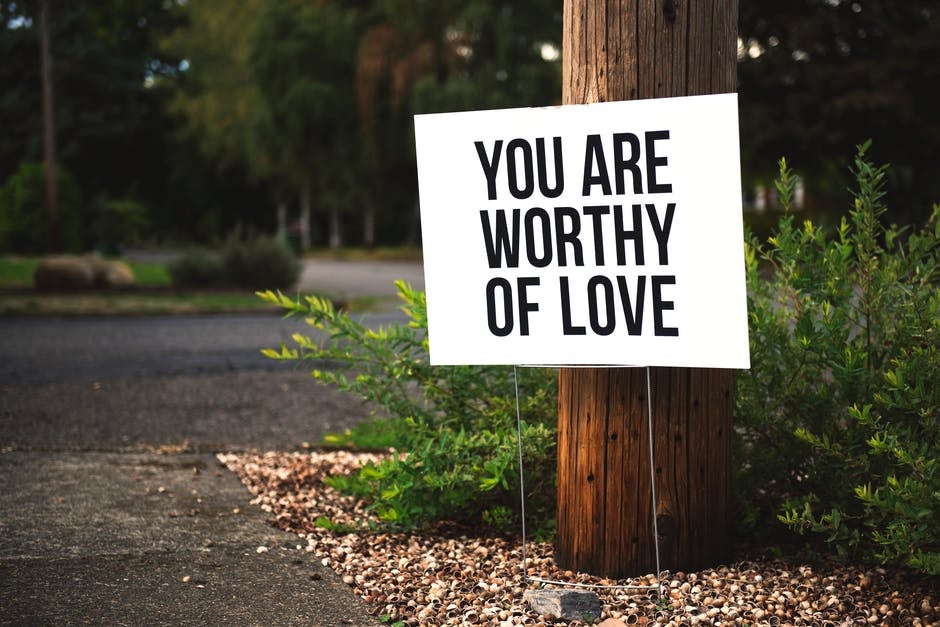There is so much out there when it comes to mental health on social media. This fact is honestly pretty bittersweet to me; there is so much good information out there but there is an equal amount of misinformation that comes with it. It so easy to be lured into the trap of toxic mental health influencing. I love the idea of jade rolling, waking up at 5:00 a.m. to journal, and drinking lemon water and only lemon water in theory, but thinking this is how you have to live every day is just straight-up toxic. It’s so important to understand what about it ideas like this are bad and how to avoid falling into a trap, even if these ideas may seem healthy at first.
Toxic Positivity has a lot of definitions, but it is mainly defined as the belief that no matter how difficult things get, people should maintain a positive mindset. You might hear this and think it doesn’t sound so bad, but toxic positivity encourages people to reject all emotions in favor of a positive facade. It is impossible to be happy and positive all the time. I truly believe it is important to feel our emotions, and that is the way we can move past our negative ones.
Understanding what toxic positivity can look like is important so we can call it out where it lies. It often looks like any of the following and more: having a constant “brave” face, finding a silver lining in everything, only seeing the good in people, dismissing other people’s feelings, and always being optimistic. In moderation, some of these things can be great. However, too much can lead to some really negative stuff, such as burn out, feelings of inadequacy and worthlessness, groupthink, and can even create environments where people are not comfortable speaking out.
Social media can be a dangerous place when it comes to toxic positivity. I’m sure you, the reader, have heard something along the lines of “just be positive!” or “what doesn’t kill you makes you stronger” online, especially when someone is sharing a very hard or traumatic story. I hear it all the time from influencers, professionals, Canva infographics, and so many people in my life. We are allowed and permitted to feel hurt, despite what anyone else may say.
There are a couple of ways I avoid toxic positivity in my life. One of the ways I do this is by knowing when to take social media breaks. When I start to feel overworked or burnt out, I take the time to put my phone down and do something else, such as journaling. A lot of what you see online regarding health is meant to sell you something and isn’t real. I always try to take a moment to myself and acknowledge this.
Another way I avoid toxic positivity is by calling it out when I see it. If someone close to me says anything that falls under the umbrella of toxic positivity, I often try my best to make them question why they’re saying what they said. I’ve even asked people “why do you expect me to be happy all the time?” before. It often leaves them speechless, because really no one has an answer. It’s a hard thing to do, but it is so important because toxic positivity is so woven into our modern society.
The last way I avoid toxic positivity is by following influencers online who promote healthy coping. If I see anyone post about being overly positive in a difficult time, it is an immediate unfollow from me. I have found that what I surround myself with online can have such an impact on the way I act around others, even subconsciously. I want the people around me to know they can come to me for support and I won’t undermine the way they are feeling.
There are a lot of ways to deal with negative content (such as toxic positivity) online, and I want to make clear that the way I view certain posts may not be the way others see them. I say this to everyone I know, but taking time for yourself and not being overly influenced by what you see online is so important. Ever since I took the time to avoid toxic positivity, I’ve found I have a much more open mind on social media and honestly feel less burnt out. Don’t be afraid to reach out for support if you see something triggering online, and if it works for you, calling out negative messages when you see them is so important.
Can’t get enough of HC UMass Amherst? Be sure to follow us on Instagram, listen to us on Spotify, like us on Facebook, and read our latest Tweets!





